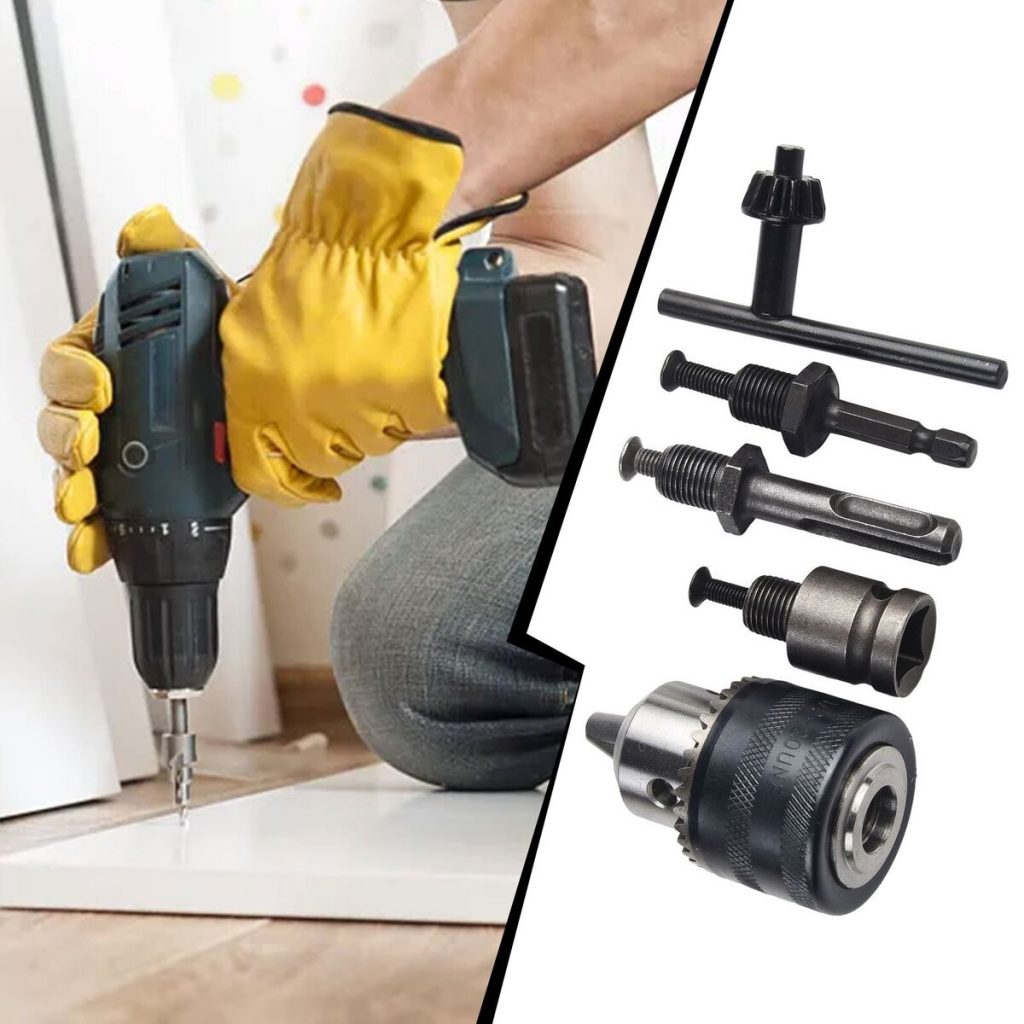Beyond the Hand Drill: Exploring Alternatives for Precision and Power

In the realm of woodworking, construction, and DIY projects, the hand drill has been a staple for generations. However, as technology advances, so do the alternatives that offer enhanced precision and power. In this comprehensive guide, we explore a range of alternatives to the traditional hand drill, providing insights into their unique features, applications, and the benefits they bring to the table.
1. Cordless Power Drills: Embracing Mobility and Convenience
Cordless power drills have emerged as a versatile alternative to hand drills, offering the convenience of mobility without sacrificing power. With advancements in battery technology, modern cordless drills deliver substantial torque, making them ideal for various tasks such as drilling holes, driving screws, and even tackling more robust materials like metal and hardwood.
2. Impact Drivers: Unleashing Torque for Effortless Fastening
When it comes to driving screws into tough materials, the impact driver takes center stage. Its high-torque, rotational force, and rapid succession of impacts make it an efficient choice for tasks that demand precision and speed. From assembling furniture to framing, the impact driver excels in applications where a traditional hand drill may fall short.
3. Rotary Hammers: Conquering Concrete and Masonry Challenges
For projects involving concrete or masonry, the rotary hammer emerges as a powerhouse. Unlike a standard hand drill, the rotary hammer combines rotation with a pulsating mechanism, providing the necessary impact force to bore through hard surfaces effortlessly. It's a go-to tool for professionals in construction, renovation, and structural work.
4. Auger Drills: Excelling in Woodworking Precision
Woodworkers seeking unparalleled precision often turn to auger drills. These specialized tools feature a spiral or corkscrew-shaped bit, making them exceptionally adept at creating clean and precise holes in wood. Auger drills come in various sizes, allowing for customization based on the specific woodworking task at hand.
5. Bench Drills: Elevating Precision in Workshop Settings
For those in search of utmost precision in a controlled environment, the bench drill proves to be a reliable alternative. Mounted on a workbench, this stationary drill offers stability and accuracy, making it an ideal choice for intricate tasks like fine detailing, drilling repetitive holes, or creating uniform cuts.
6. Conclusion: Choosing the Right Tool for the Task
While the hand drill has its place in the toolkit, exploring alternatives opens doors to enhanced efficiency, precision, and versatility. Whether it's the cordless power drill for on-the-go tasks, the impact driver for fastening, the rotary hammer for concrete challenges, the auger drill for woodworking, or the bench drill for meticulous craftsmanship, each alternative brings its unique strengths to the table. The key lies in understanding the specific requirements of your project and selecting the tool that not only gets the job done but elevates the quality of your work. So, when asking, What can I use instead of a hand drill? – the answer lies in the diverse and specialized alternatives that cater to your specific needs.
